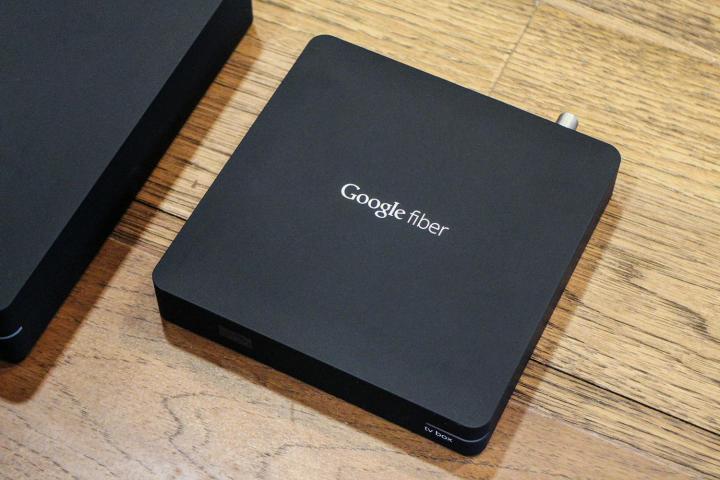
Specifically, legal representatives of both companies were attempting to prevent Google, and other high speed Internet providers, from accessing city-owned utility poles. This tactic didn’t work though. The city council voted unanimously to provide Google with access and allow the Google Fiber representatives to run fiber-optic cable capable of delivering gigabit speeds around the city.
In Time Warner Cable’s plea to city officials, representatives pointed to the potential for installation issues that would cause outages for customers. Specifically, a TWC spokesperson said “Time Warner Cable supports the city’s goal to streamline access to infrastructure in order to expand broadband service, and we’ve advocated this for several years. However, it’s vital to ensure the protection of TWC customers, including major hospitals, universities and important facilities across Louisville, from outages resulting from a less-than-sound construction process.”
In addition, AT&T claimed that giving Google access to utility poles violates union agreements. However, it’s unlikely that union officials would aggressively back those agreements as the addition of a new ISP in the city would lead to more jobs for workers, both during the long installation process as well as the ongoing maintenance of those new lines over time.
Assuming Google does decide to move into Louisville in the coming months, residents are likely to see Time Warner Cable and AT&T accelerate plans to increase speeds in the area. A similar trend is already occurring in Charlotte, North Carolina. Both Time Warner Cable and AT&T accelerated speeds in the area after Google announced expansion plans. For example, Time Warner Cable’s Ultimate package in the area previously offered speeds up to 50 Mbps, but that was upgraded to 300 Mbps for no additional cost thanks to increased competition from Google.


